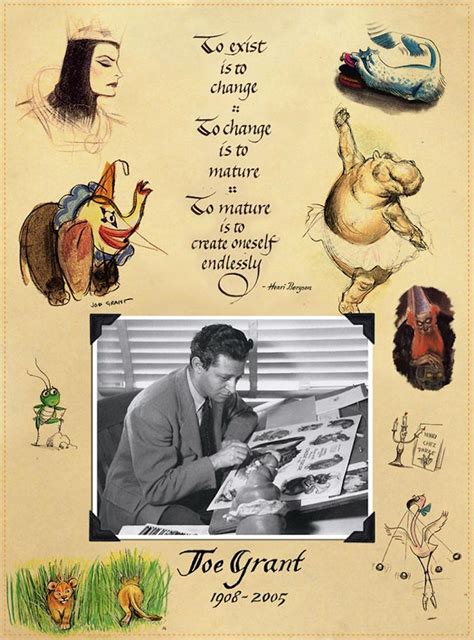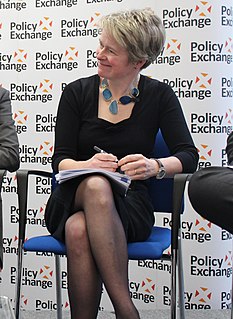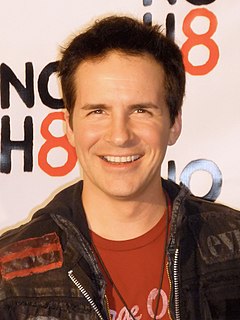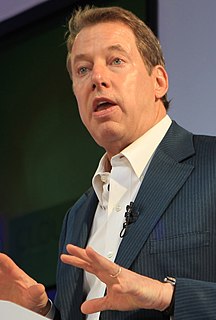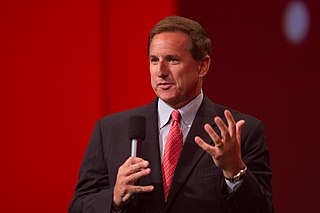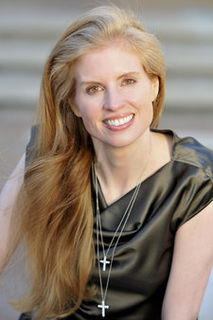Top 264 CEOs Quotes & Sayings - Page 3
Explore popular CEOs quotes.
Last updated on April 16, 2025.
CEOs pretty much pick the boards that give them salaries and bonuses. That's one of the reasons why the CEO-to-payment [ratio] has so sharply escalated in this country in contrast to Europe. (They're similar societies and it's bad enough there, but here we're in the stratosphere. ] There's no particular reason for it.
Most of the tech CEOs I know used to think that moving to the Midwest or the South was beneath us, a good tactic for the Boeings of the world who don't need the kind of rare skills we depend on, who have to grub for profits when we reach for growth. But if Amazon can't afford to keep growing in Seattle, who can?
The growing gap between rich and poor, the seeming lack of concern for the health and well-being of ordinary people, the obscene salaries made by CEOs who are increasing profits by moving their plants to places where labor is cheap - that's where the problem is, not in schools, colleges and universities.
Today we have a health insurance industry where the first and foremost goal is to maximize profits for shareholders and CEOs, not to cover patients who have fallen ill or to compensate doctors and hospitals for their services. It is an industry that is increasingly concentrated and where Americans are paying more to receive less.
